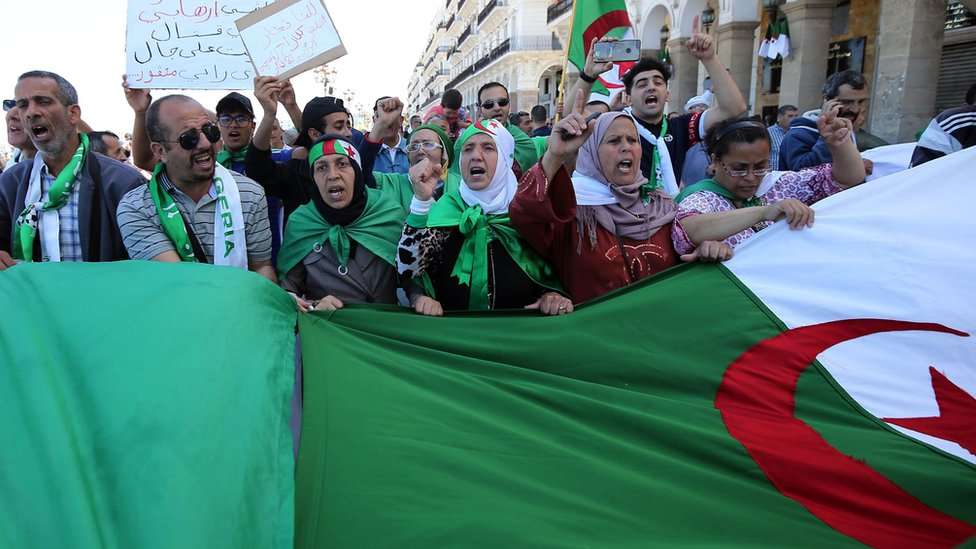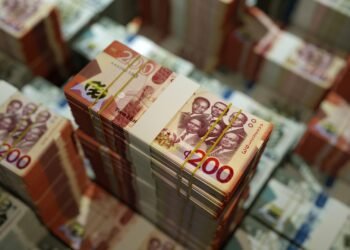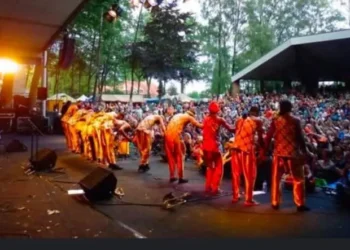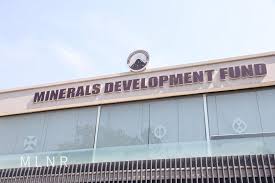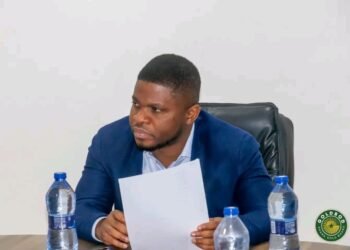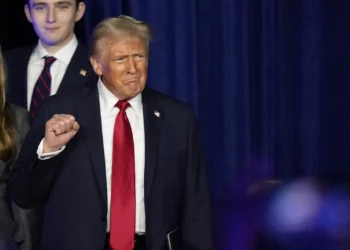Algeria is heading into its presidential election on September 7, yet the atmosphere is one of indifference. Billboards remain bare, campaign posters are scarce, and aside from the occasional television broadcast showing candidates on the campaign trail, the public’s enthusiasm is nowhere to be found.
In this North African nation rich in natural gas, prospective voters are more preoccupied with the spiraling costs of everyday essentials like school supplies, potatoes, and coffee due to prolonged inflation.
The current president, 78-year-old Abdelmadjid Tebboune, backed by the military, seems set to easily secure a second term.
“How can you expect Algerians to have any interest in the elections when life is hell on a daily basis?” questioned Noureddine Benchikh, a middle school principal who expressed a deep disinterest in politics.
This widespread apathy contrasts with the hope that filled Algeria in April 2019, when the Hirak movement demanded sweeping changes to the nation’s military-dominated political system after the resignation of then-President Abdelaziz Bouteflika.
However, the optimism of that period has since faded, replaced by a growing sense of resignation among voters, while the country’s nascent opposition claims that the political elites have once again tightened their grip on power.
Only two candidates have been approved by Algeria’s election authority to challenge Tebboune: Abdelaali Hassani Cherif, a 57-year-old Islamist, and Youcef Aouchiche, a 41-year-old socialist and former journalist running for a prominent center-left opposition party.
Election Turnout Critical for Legitimacy
“It seems that what matters most to ‘le pouvoir’ in this election is voter turnout to lend legitimacy to their candidate, whose victory is a foregone conclusion,” said Algerian sociologist Mohamed Hennad, referring to the military-backed political establishment.
All three candidates are urging citizens to participate in the election. In a country of 45 million, about 23 million are registered to vote. They hope to improve upon the dismal 14% turnout seen in the 2019 election, which was widely boycotted by protesters.
Activists in 2019 condemned the authorities for hastily organizing those elections, which ultimately brought Tebboune to power.
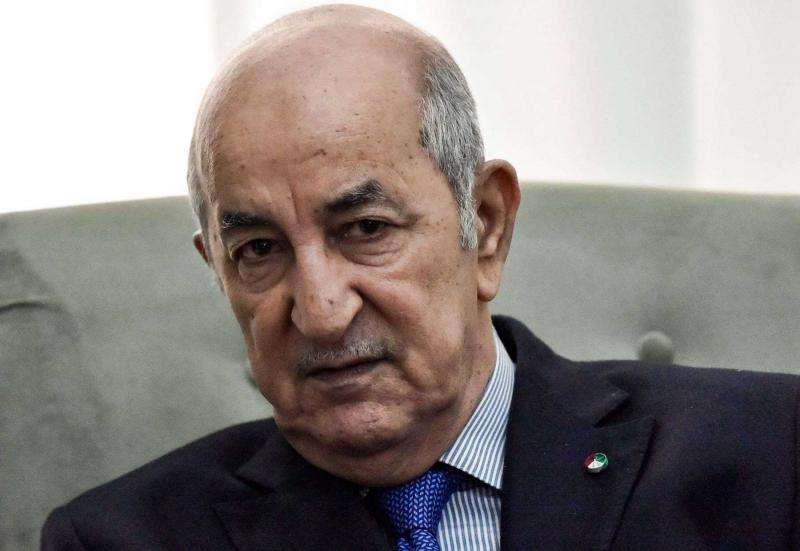
Though initially supportive of the Hirak movement’s weekly protests and releasing some imprisoned activists, Tebboune’s government later banned demonstrations during the COVID-19 pandemic. Opposition figures and journalists have continued to face imprisonment and legal challenges.
Aouchiche, one of the candidates, has raised issues of human rights and political prisoners in his campaign speeches. However, there is a growing sentiment among Algerians that this election lacks genuine political debate.
Some opposition figures have dismissed the election as a mere formality, leading certain political parties to boycott it altogether rather than field candidates.
Reports of repression against perceived dissenters have also surfaced, with dozens of individuals arrested on election fraud charges and three potential candidates placed under court supervision.
Karim Tabbou, a key figure in the Hirak movement, was reportedly taken by police in what his wife described as an “abduction.”
According to his lawyer, Tabbou was informed that he was “forbidden to take part in any adversarial debate or to express his views on the elections or the political situation in general.”
Fethi Ghares, leader of the Democratic and Social Movement — a party now banned — was arrested last week alongside two colleagues. Though later released, they were placed under judicial supervision and faced charges that included publishing false information, hate speech, and offending the president.
A judge also imposed an indefinite social media gag order on the group while the charges are pending.
Meanwhile, President Tebboune has been touring the country, delivering speeches to enthusiastic crowds and highlighting his efforts to increase wages and pensions while offering young people opportunities such as interest-free loans for start-ups. Notably, young people comprise over half of Algeria’s population.
“I’m a man of my word, I’ve kept my promises, and I promise to continue in the same vein,” Tebboune declared last month.
READ ALSO: Fela Kuti and the Evolution of Afrobeat: The Indispensable Influence of Highlife

